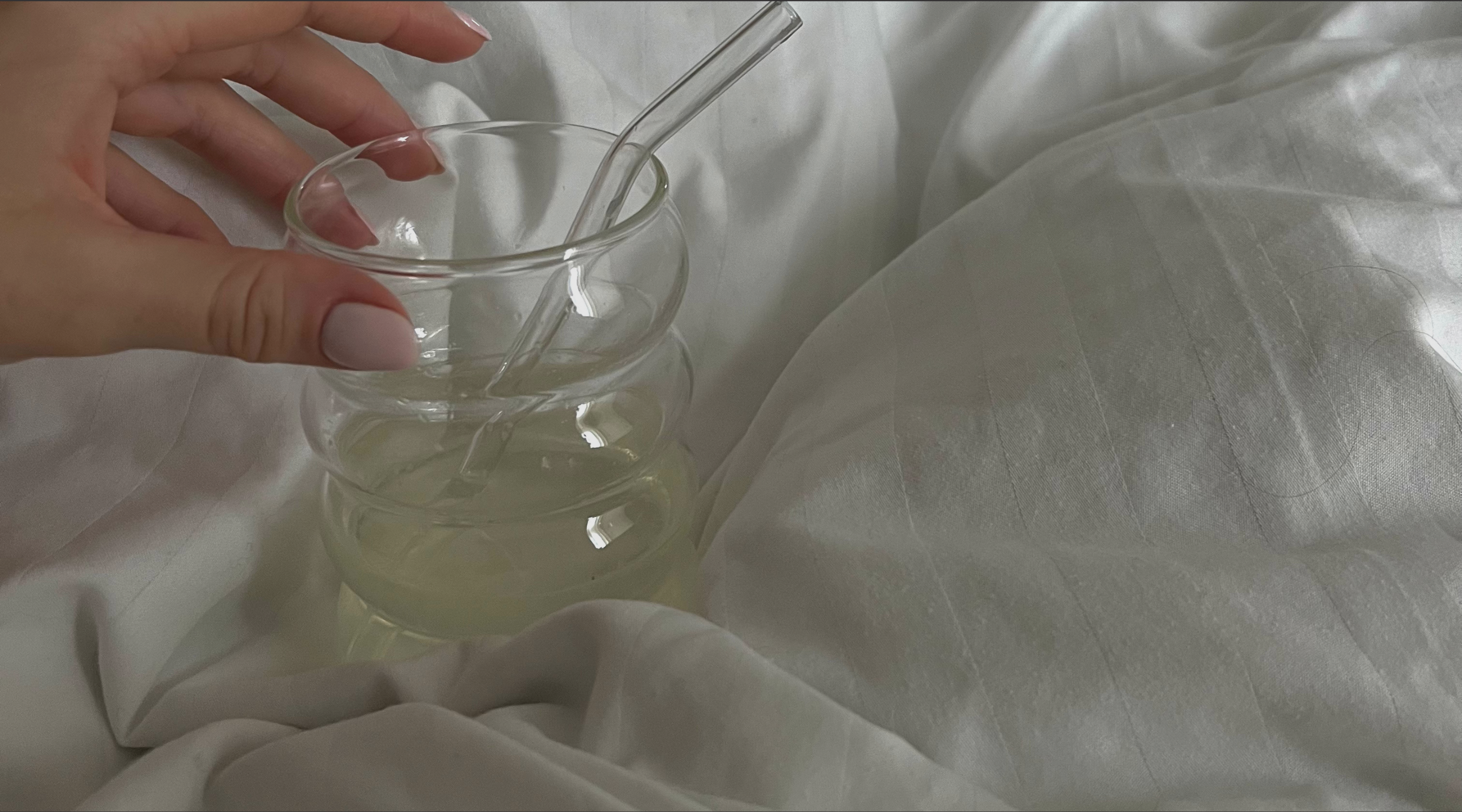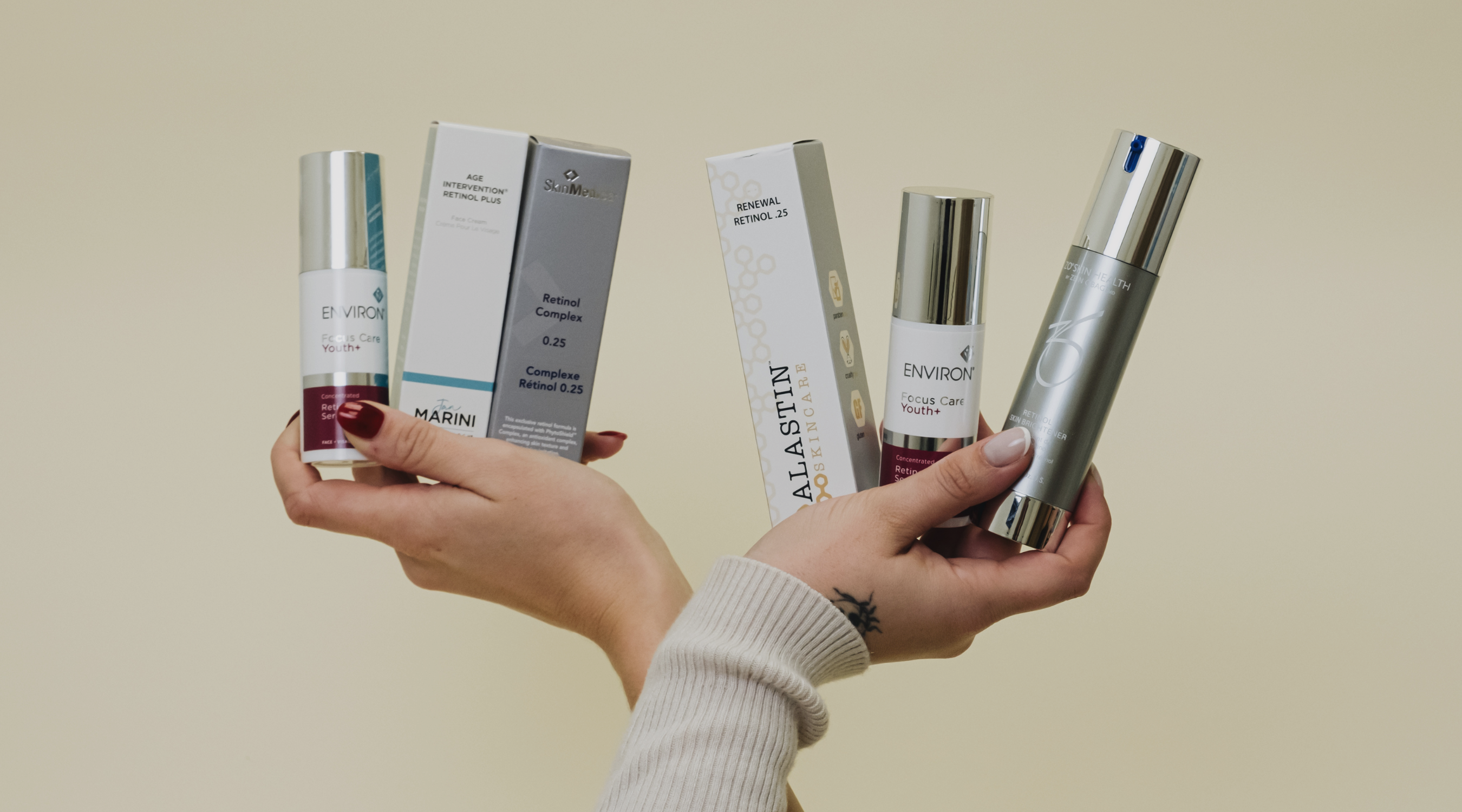
Hydration & Your Skin
Many prioritize skin cleansing and moisturizer as part of their daily routine. There is nothing wrong with prioritizing your skin care protocol in your day, but to truly nourish and hydrate your skin cells, we must pay attention to the inside of our body.
If we do not drink enough fluids and eat real food that delivers nutrients and vitality to our skin, we will suffer regardless of how much moisturizer and serums we use.
Hydrated skin comes from the inside out, which means the first step starts with what you eat and drink. The more raw food you eat (fruits and vegetables), the better quality water you will consume, especially if it is organic. Why? Organic fruits and vegetables hold better quality water than plain water, especially tap water. Tap water is toxic and loaded with chemicals we have not been designed to ingest. A better alternative is a reverse osmosis water system.
When we consume inorganic and processed foods, our digestive system is burdened more. Whatever is not digested well must be eliminated by our four exits: the bowels, kidneys, lungs, and skin.
Our body needs to extract nutrients from food and eliminate waste. This is the digestive system. The skin, being our largest channel of elimination, may experience challenges with this waste if our bowels and kidneys are not doing a good enough job. Paying close attention to our diet and our elimination may help us better understand why we may suddenly experience dry and flaky skin.
Try to incorporate a healthy dose of omega-3 fatty acids into your meals from oily fish like salmon, mackerel, anchovies, and sardines. Avocados and seeds, including hemp, chia, and sesame, are great for hydration. Aim to drink at least two litres of fluids daily, either pure water, herbal teas, or bone broth.
If you are consuming too much coffee and other diuretics and not replenishing them with more pure water, you will also end up with dehydrated skin. Finish your showers with cool water, as too much heat can result in moisture loss.
So, how do you know if your skin is dehydrated? If you notice dark circles and shadows under the eyes, itchy skin, fine lines and wrinkles, puffy eyes, dry mouth, and, most importantly, a grayish complexion, the pinch test is always a sure way to determine if your skin is dehydrated. Pinch the skin over the back of the hand or the front of the chest under the collarbone. Mild dehydration will cause the skin to slow down in its return to normal. It should always bounce back!
Until next time,
Frances










Leave a comment
This site is protected by hCaptcha and the hCaptcha Privacy Policy and Terms of Service apply.